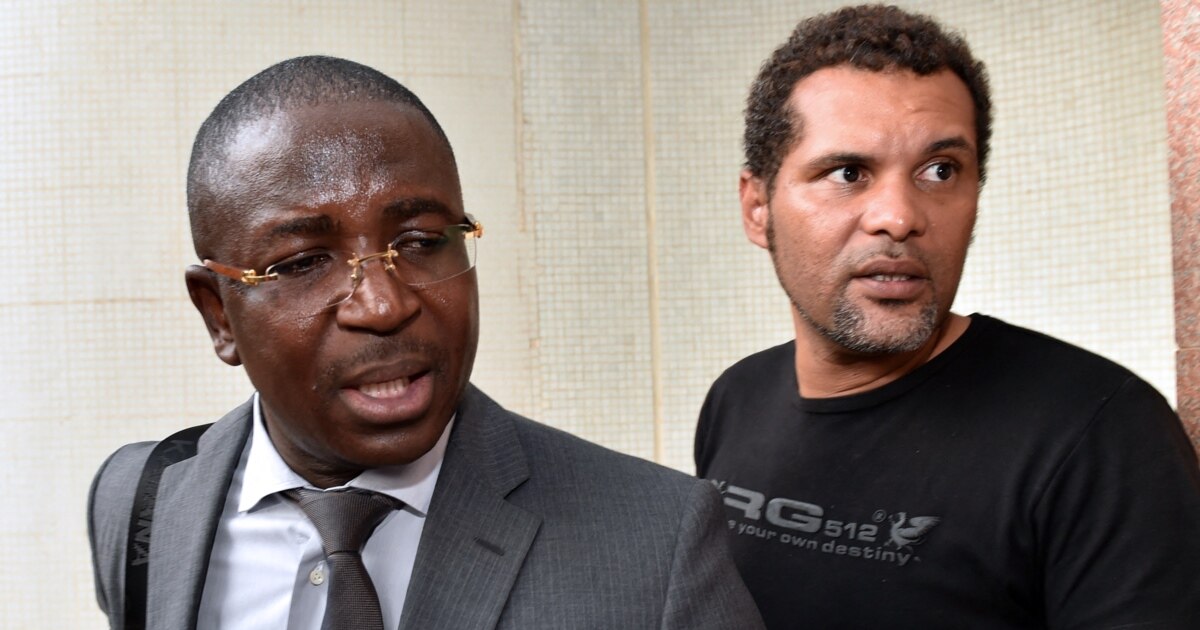
The detention of lawyer Ini Benjamine Doli, a prominent critic of Burkina Faso’s ruling authorities, has triggered widespread controversy and condemnation from the legal profession.
The Burkina Faso Bar Association denounced her arrest as a “kidnapping,” arguing it violated criminal procedures and raised serious concerns about the state’s respect for the rule of law.
According to reports, the events occurred during the night of 31 August to 1 September. Returning from holiday, Doli was allegedly seized at her home in Ouagadougou by armed men identifying themselves as gendarmes.
Witnesses claim they forced entry into her residence, took her away by force and confiscated her computer equipment.
It took several days before the Bar Association was able to confirm she was in the custody of the justice system. Her colleagues described the circumstances as increasingly common under the current regime, insisting such practices bear no resemblance to legal procedure.
They have publicly demanded her immediate release and renewed calls for authorities to respect constitutional safeguards.
Doli has been an outspoken critic of the military junta. She has accused the Burkinabé army of “kidnappings, torture and sequestrations,” warning that its image has been severely tarnished. In an open letter addressed to Russian President Vladimir Putin, she urged him to intervene with leaders of the Alliance of Sahel States to prevent Russia from being associated with what she described as “criminal practices.”
Prosecutor Blaise Bazié of the Ouaga 1 High Court has since confirmed the opening of an investigation against Doli on charges of “treason, insulting the head of state and attempting to demoralize the armed forces.”
Nevertheless, the manner of her arrest has intensified tensions between the junta and human rights advocates. Legal observers argue the case highlights a troubling erosion of civil liberties and due process in Burkina Faso. The Bar Association insists the legality of her detention remains deeply questionable, warning that such practices undermine the credibility of the justice system and the rule of law.



